



























































































Agalaba.nelson@gmail.com
Linkedin.com/in/nelsonagalaba
Instagram.com/agalaba_architecture
Cooper Carry - 3 Minute Thesis Competition
2nd Prize
Spring 2025
NOMA - Barbara G. Laurie Design Competition
2nd Prize Fall 2024
HOK - Diversity X Design Scholarship
Summer 2024
KSU - Dean's List
2020 - 2025
State of GA - Zell Miller Scholarship
2020 - 2025

AIAS
2022 - 2025
Treasurer ['24-'25]
Graphics Chair ['23-'24]
Organization Member ['22-'23]
NOMAS
2022 - 2025
Competition Team Member/ Presenter ['24-'25]
Organization Member ['22-'24]
KSU
2020 - 2025
Honors College Member
2022 - 2025
Invited on jury for many professors' studios
2023
Italy Study Abroad Program

Goodwyn Mills Cawood
May 2024 - Dec 2024
Architectural Internship
Atlanta, GA
Artist - Self Employed
June 2021 - Present

Software
Revit
Rhino 3D
Autocad
Adobe Suite
Microsoft Office
Climate Consultant
Digital Visualization
Graphic Design
Twinmotion
Enscape
Traditional
Drafting/ Sketching
Model Making
Personal
Communication
Adaptability
Digital Marketing

LANGUAGES
ENGLISH
Native
SPANISH
Semi-Fluent
IGBO
Basic


10
INTERSTICE FACTORY
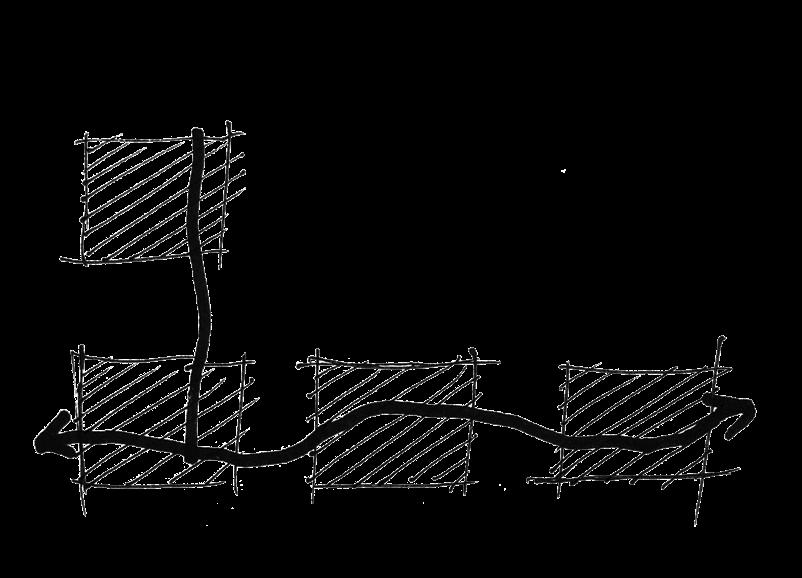
16 THE BACKYARD

An Ecotone (noun) is defined as a transitional region between two separate biomes. Ecotone Dialogues expands this concept to the boundary between the natural and man-made worlds. Its site, the Kennesaw State University Field Station, is a rural, 25-acre property nestled within a small forest along Interstate 75. It has been paved over "constructed" for an expansion to I-75, deconstructed, and reconstructed for KSU's growing field station activities over a 7 year time frame.
Architectural drawing and drawing-based models were used as a speculative tool in generating potential interventions on KSU’s ever-changing field station site to one: provide expanded research and living facilities, and two: encourage increased public engagement with the site.
This group project was created in collaboration with Sean Spencer. My contributions were: all drawings and models displayed here and significantly to the composite plan.

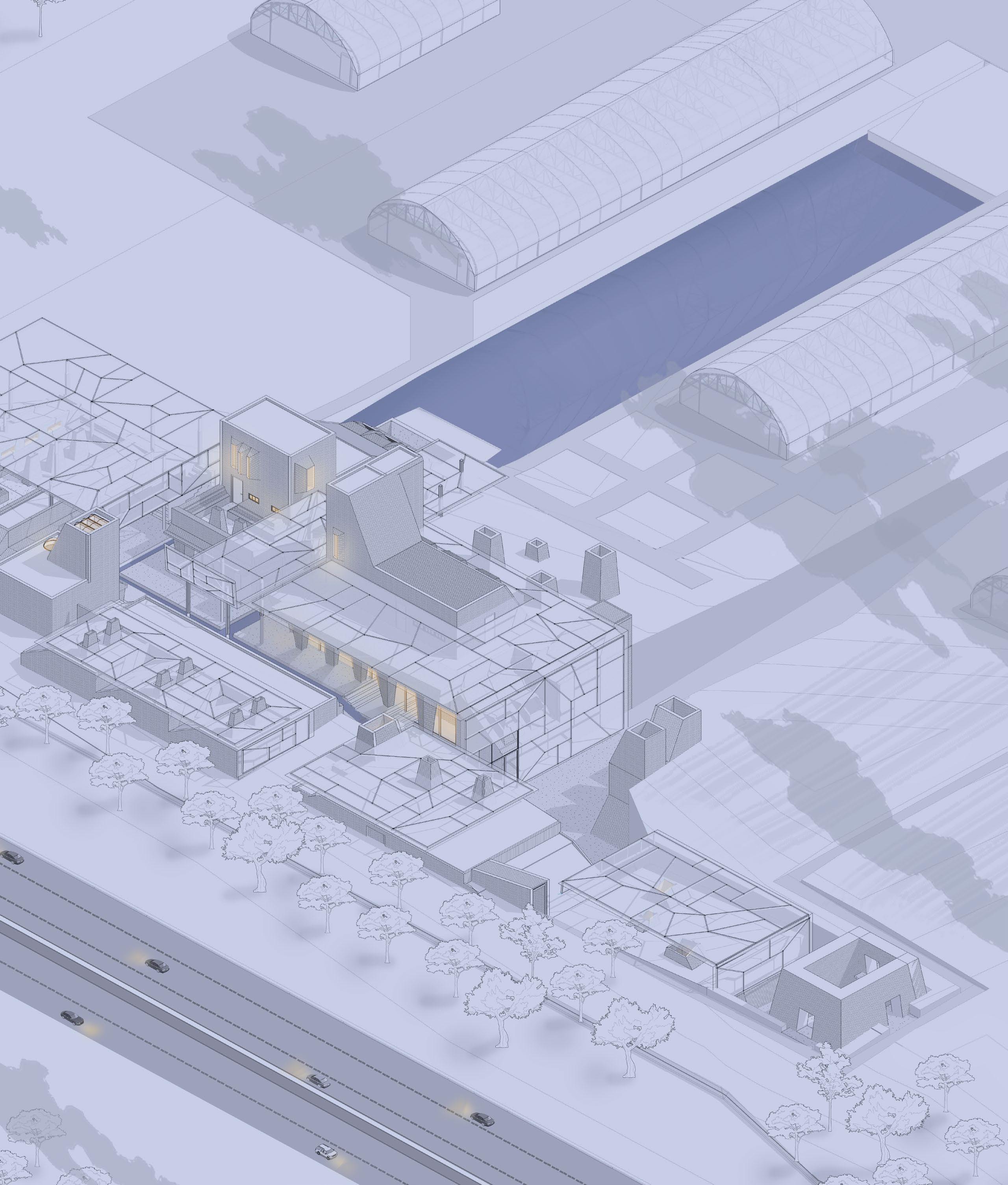
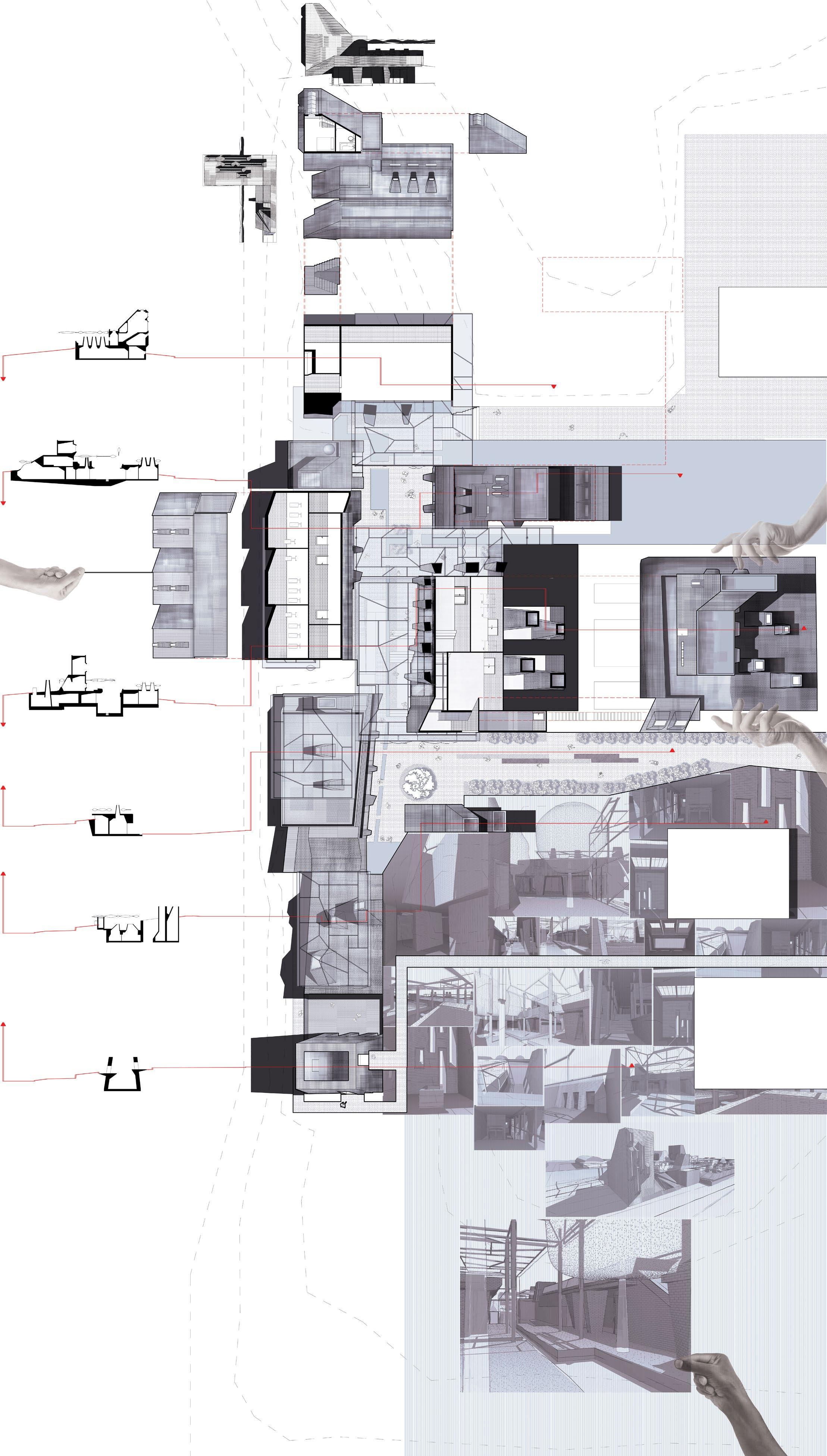
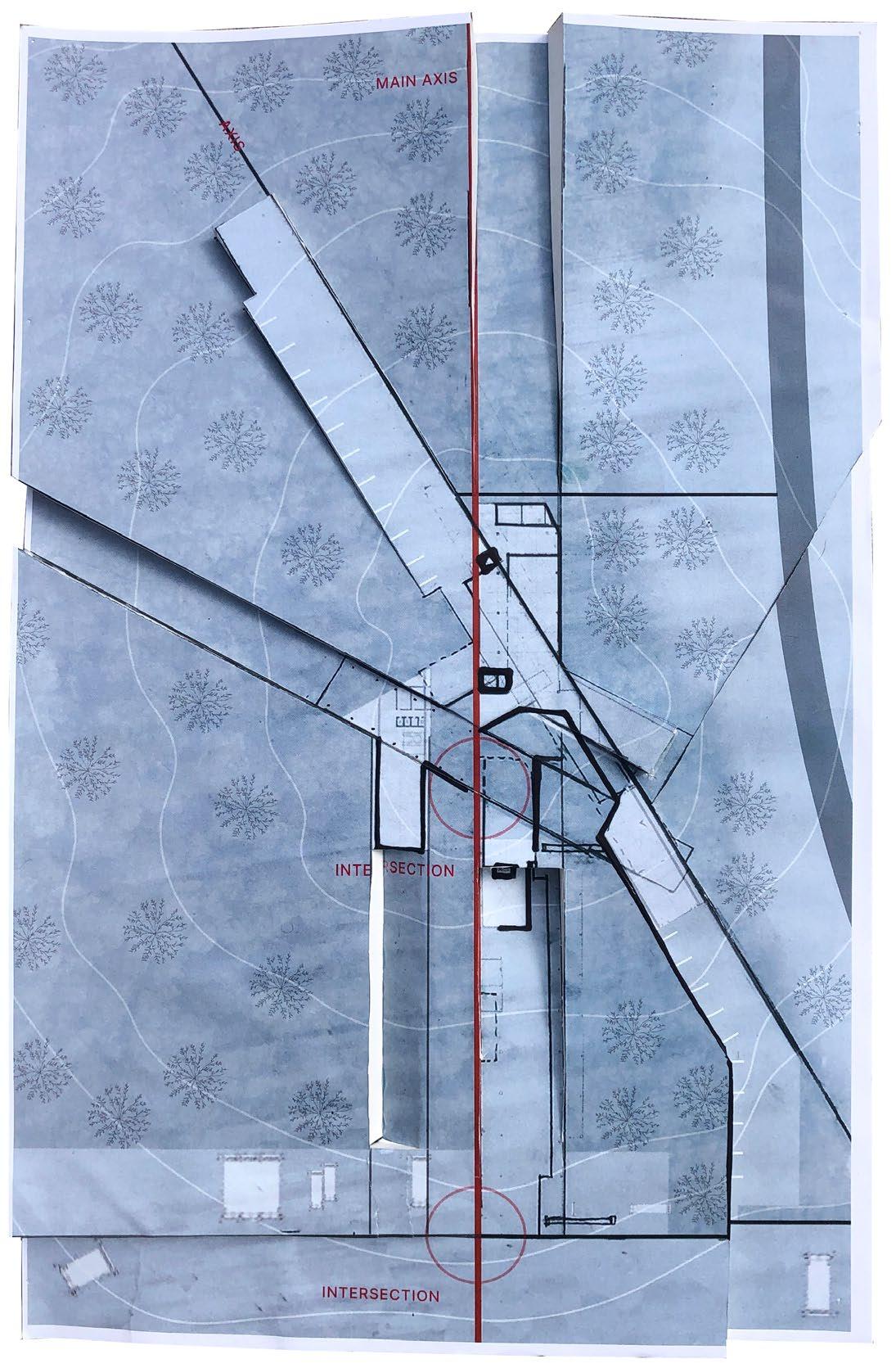
This model investigates how a gradual rolling and folding of the relatively flat field station landscape can define and differentiate unique zones.
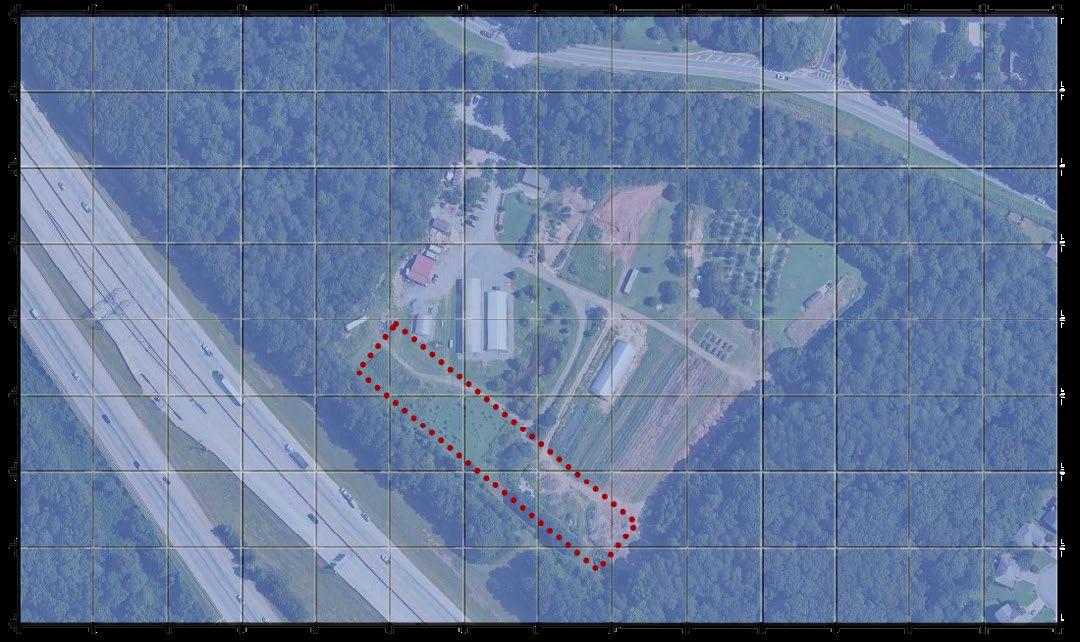
Architectural Response - Study Model & Sketch

Architecture responding to the field station site's major axises
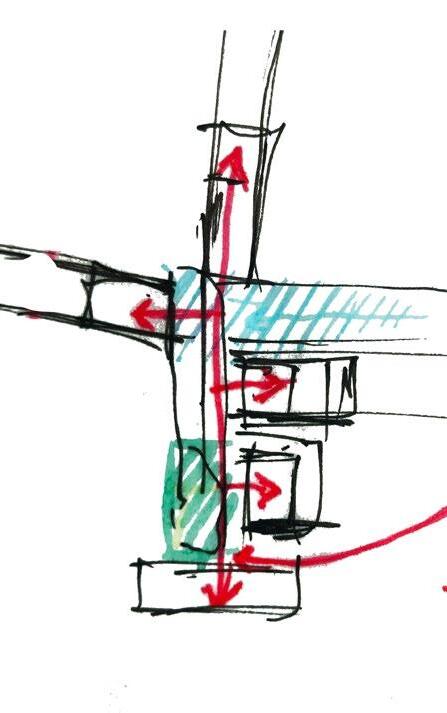
Idea of courtyards and landscape integration
Design Process


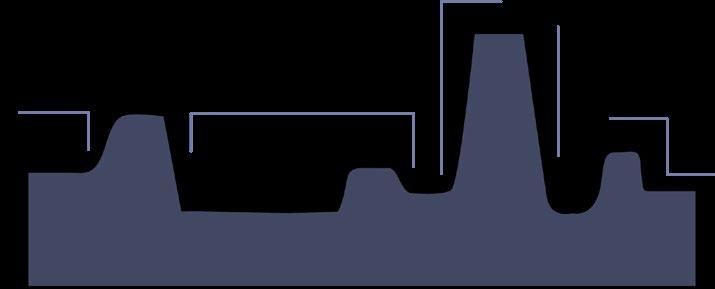
Enclose
Start with the bare site
Carve out circulation, "pull up" ground to create building form
Circulatory spaces are enclosed by a light ETFE structure overhead
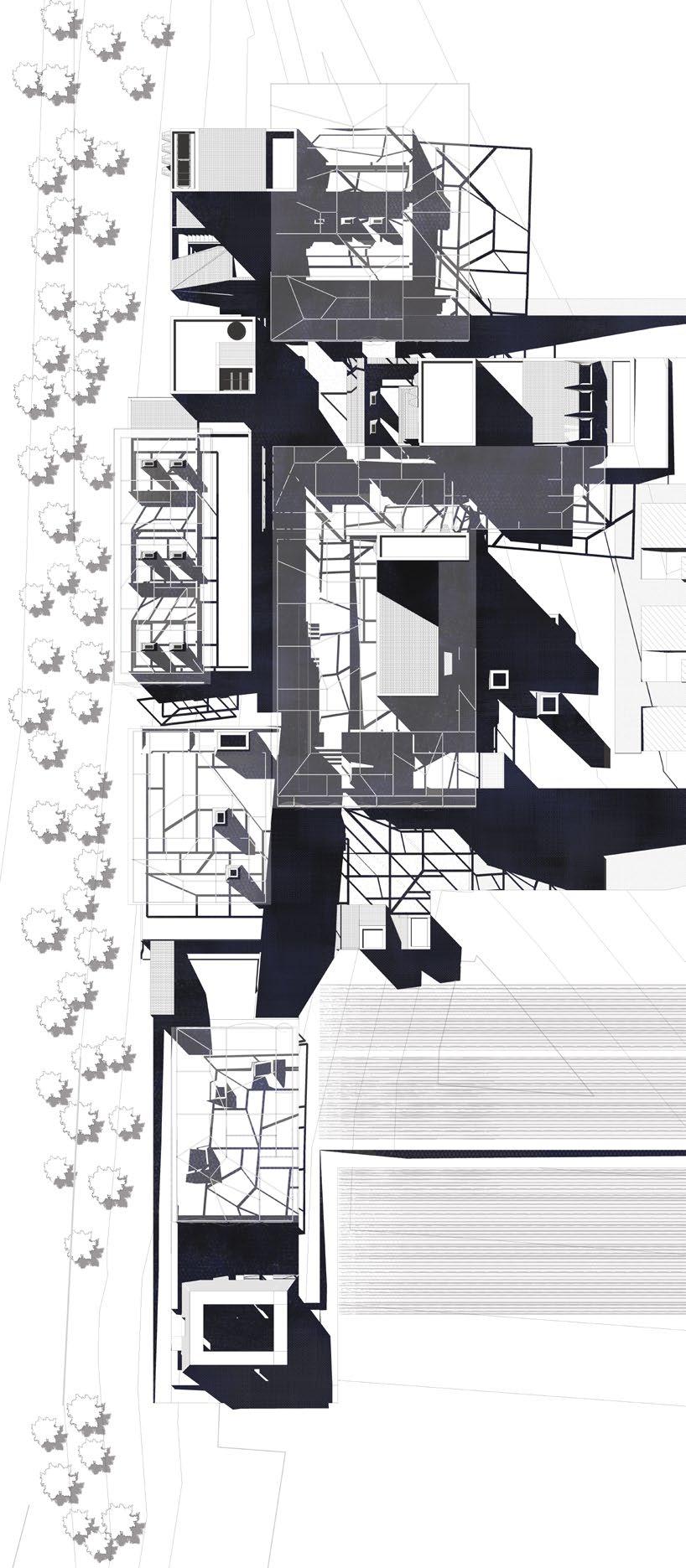
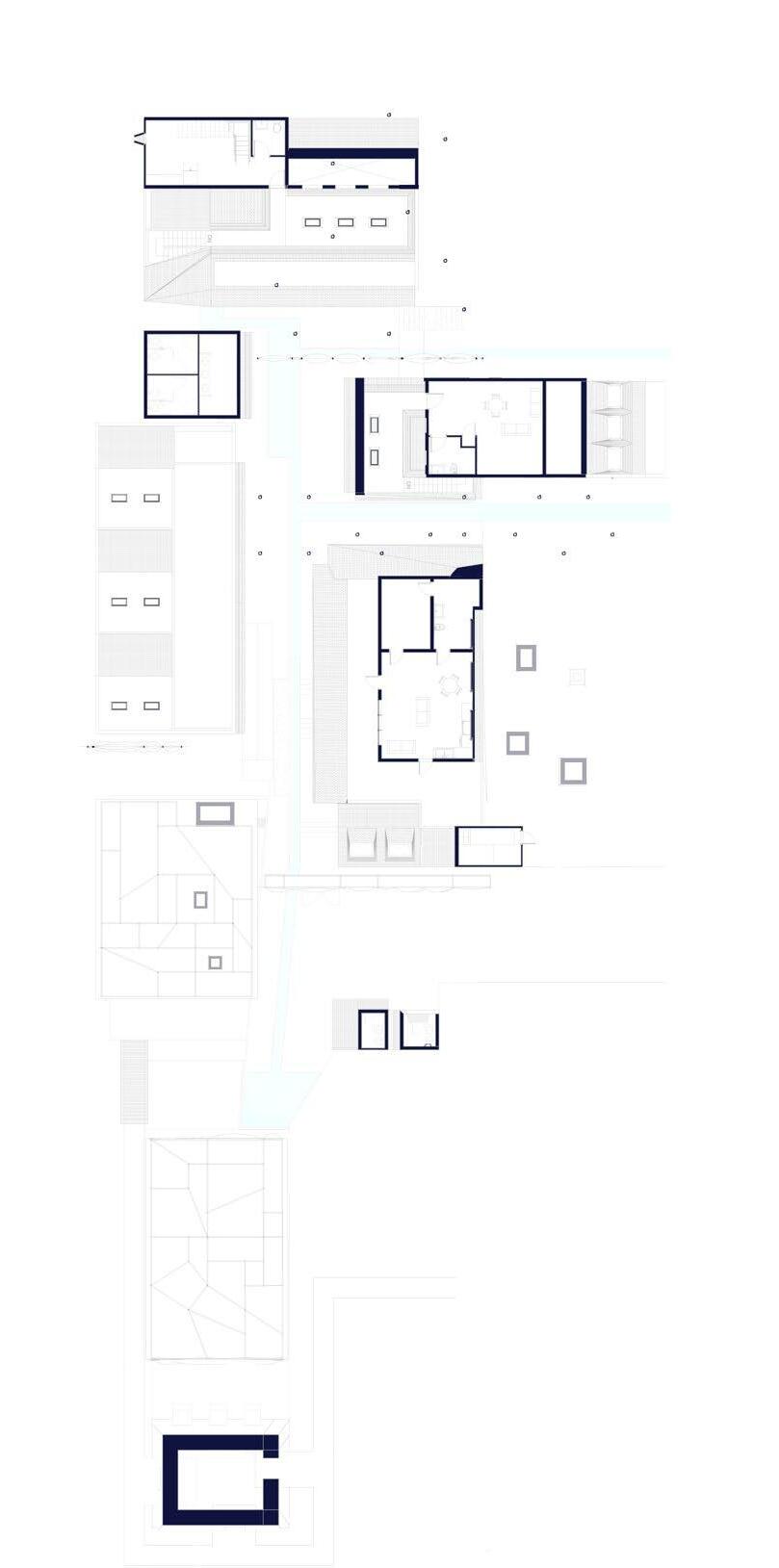
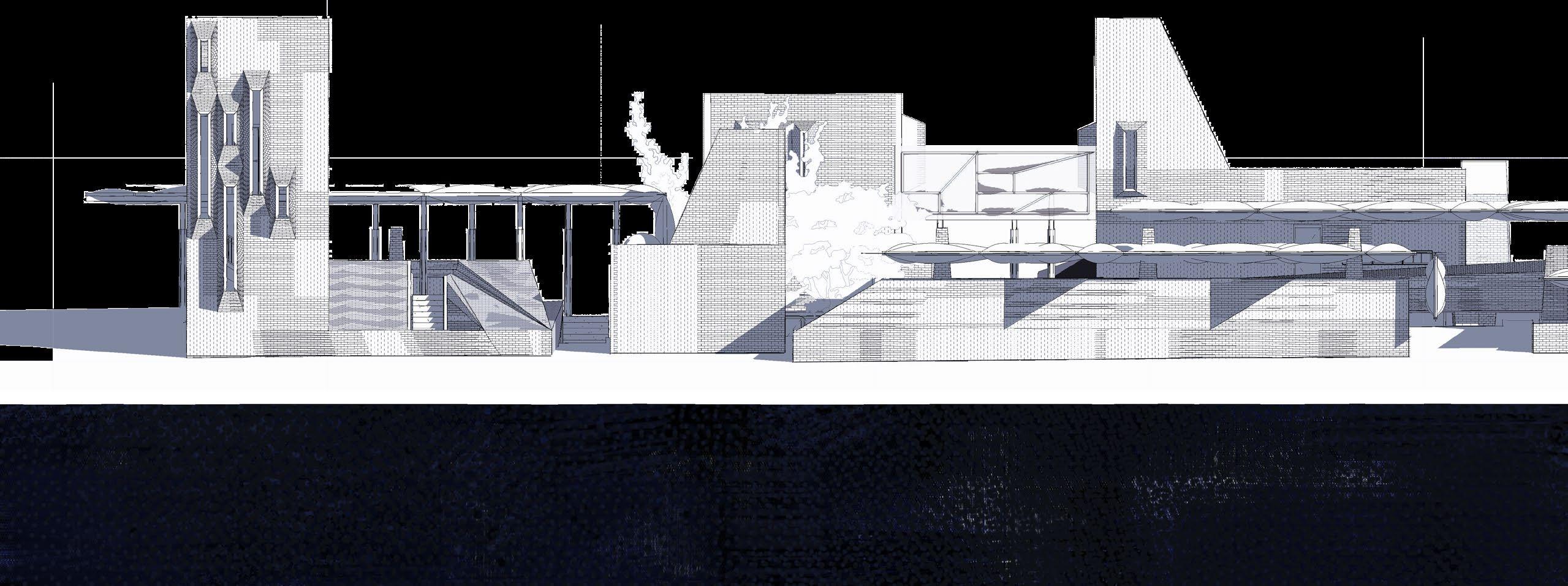
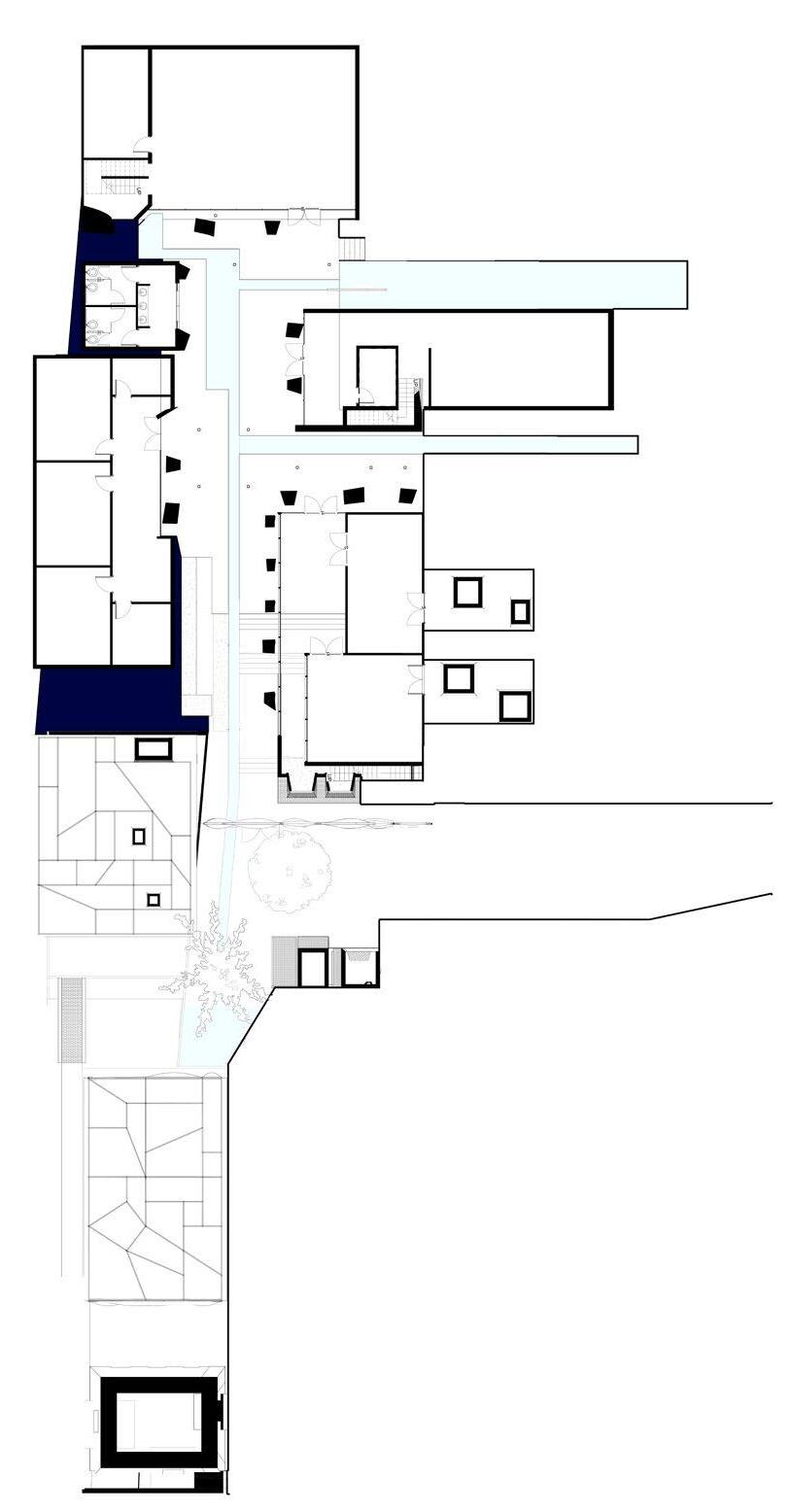
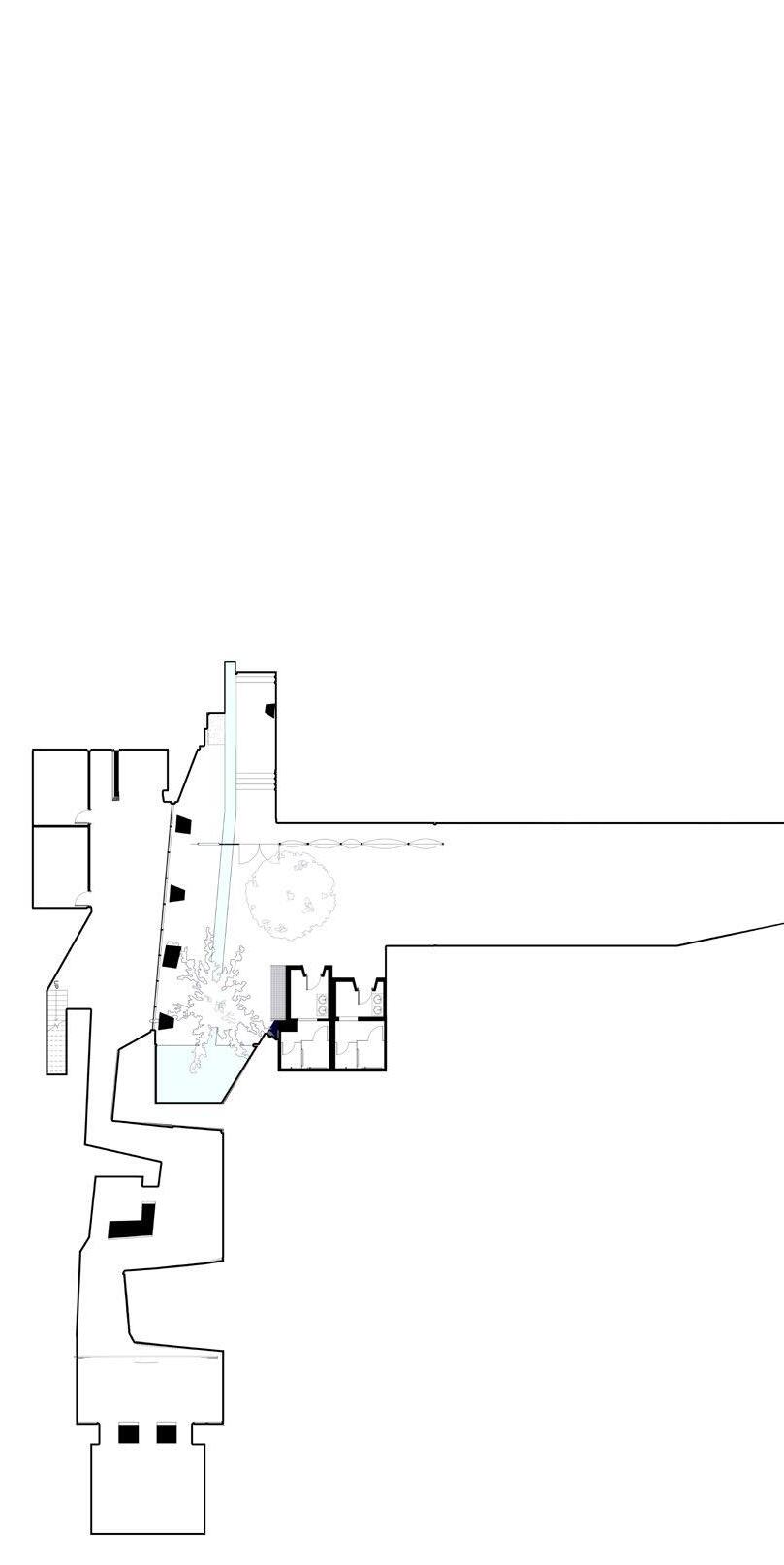
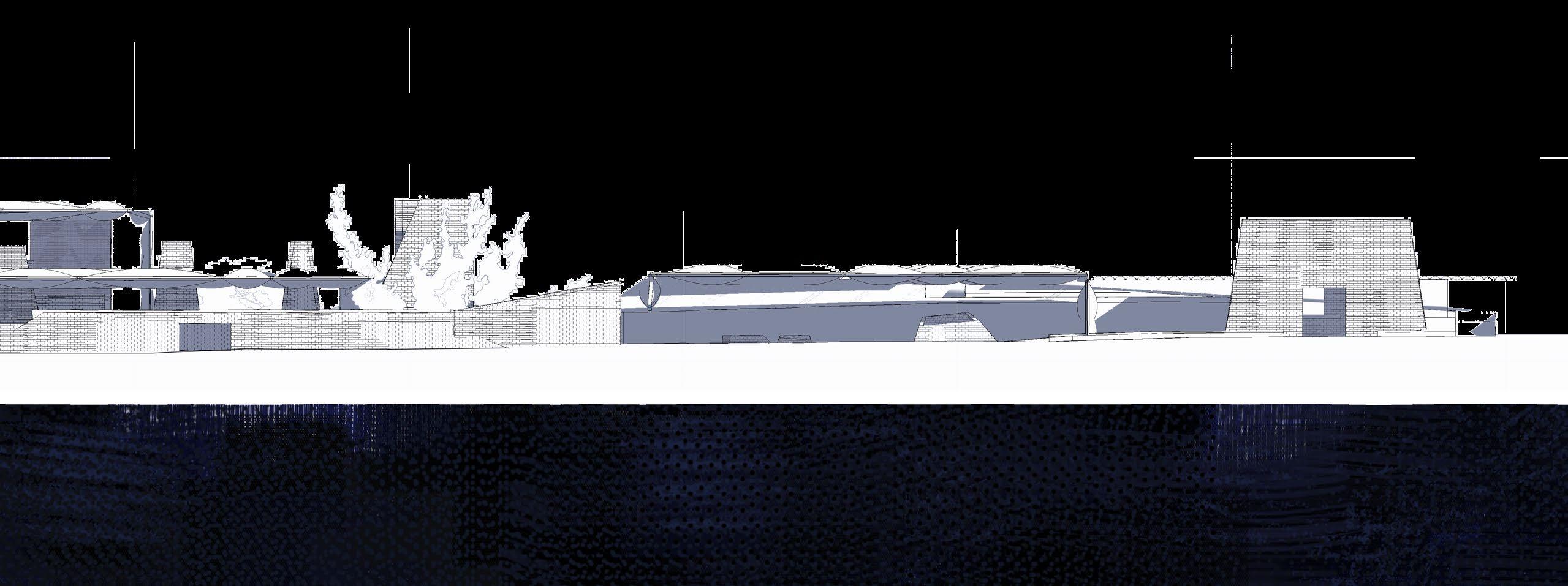

Hulsey Yard sits as an underutilized industrial lot which the Interstice Solar Panel Factory seeks to revitalize. It challenges the traditional factory typology by integrating the public into the complex process of photovoltaic manufacturing through the intentional layering of its distinct programs and circulation. A “social condenser” is created which generates moments of interaction and education between the public and the workers.
This relationship "demystifies" solar panel technology in the minds of the public, dispelling inaccurate narratives surrounding it and green energy as a whole. Ideally, this inspires a more honest conversation around the necessity of moving away from fossil fuels and the industries that propagate and propagandize their continued use.
This project was created in collaboration with: Eric Newman and Emmanuel Olasiyade. My contributions were: all drawings displayed here and concept development.

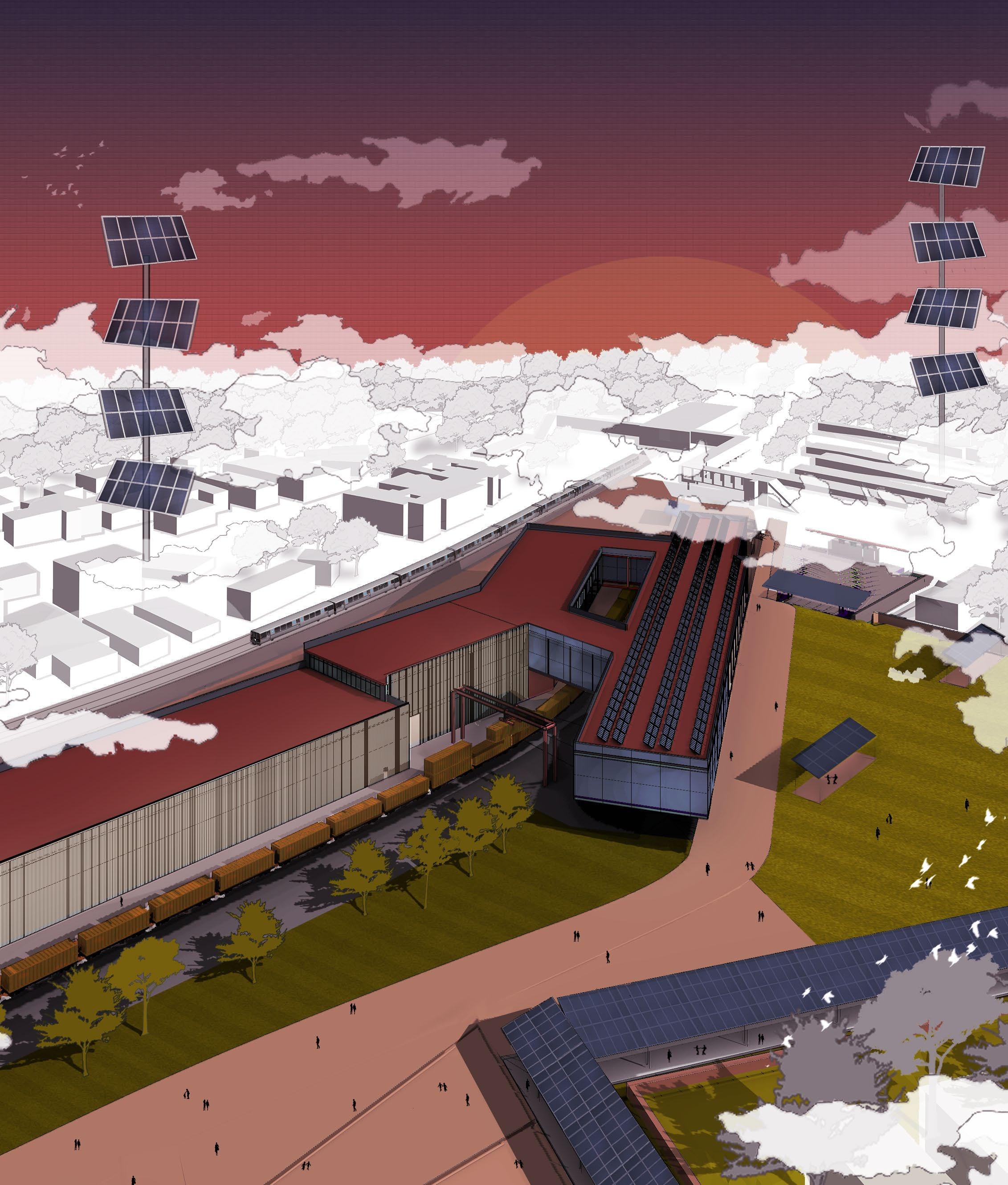
The Savannah and Brunswick port system are Georgia’s gateways to the world, connected to Atlanta through the CSX rail line.
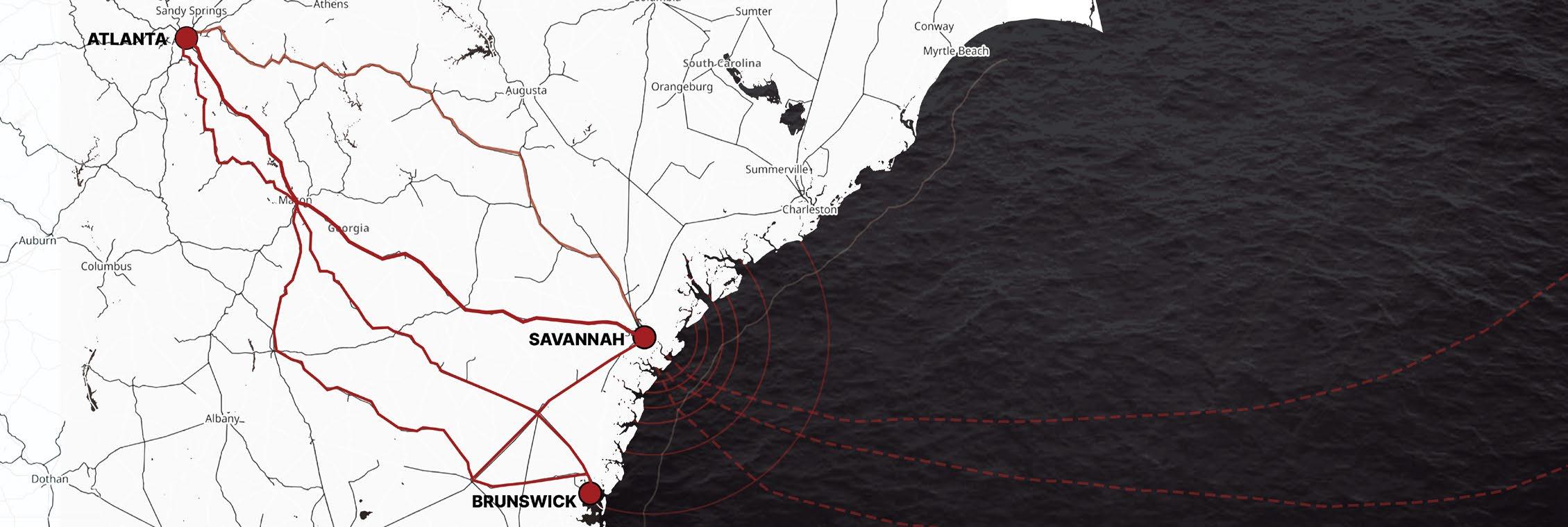
Mapping the Interstice - Hulsey Yard, Atlanta Local Inspiration
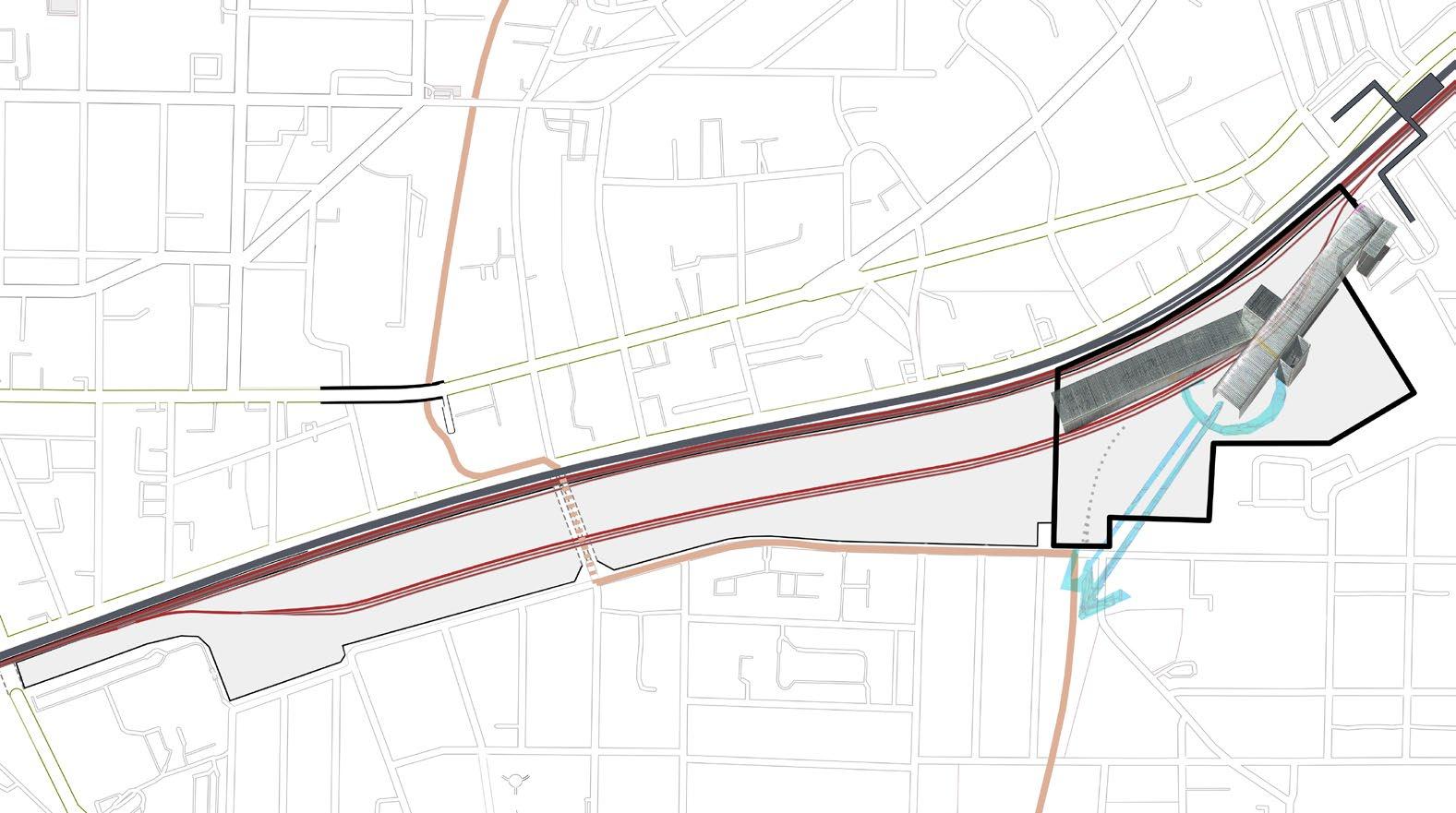
Freight Line Krog Street Art Tunnel
Site Boundary
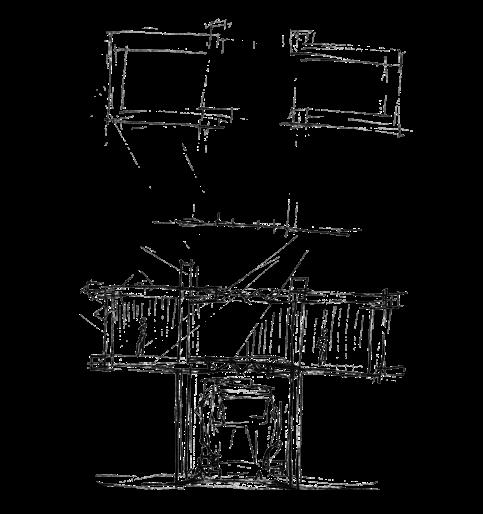

Hulsey yard is at the intersection of three major transport lines: The CSX freight railroad, the Inman Park Marta Transit Station, and the Beltline [The famed walk/ bike trail of Atlanta]
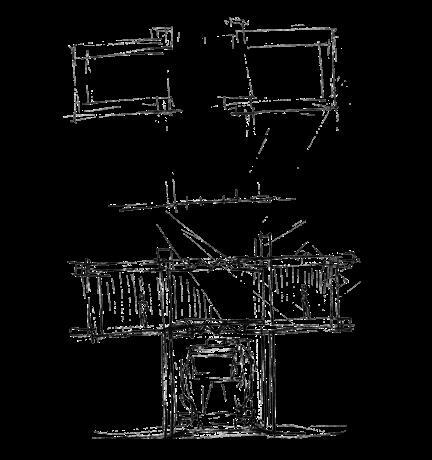
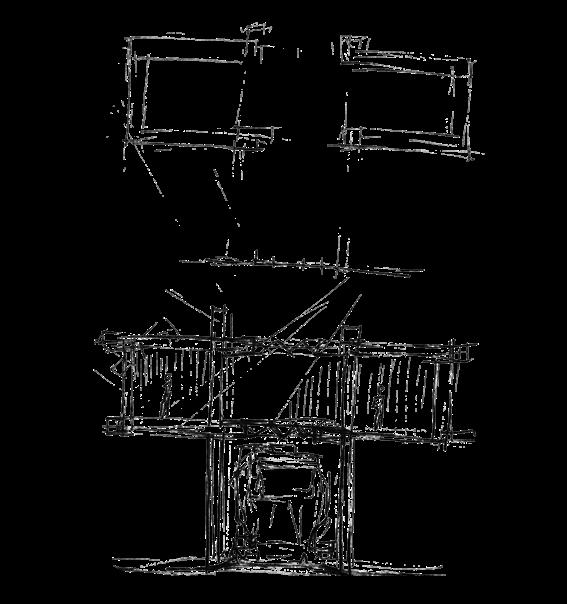


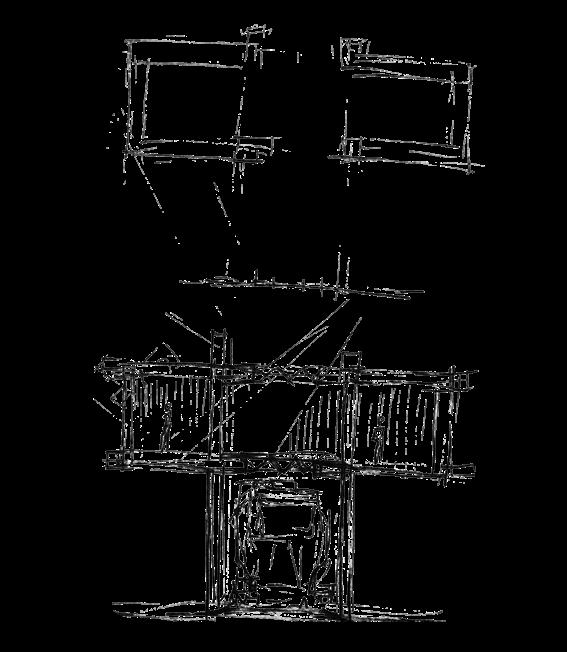
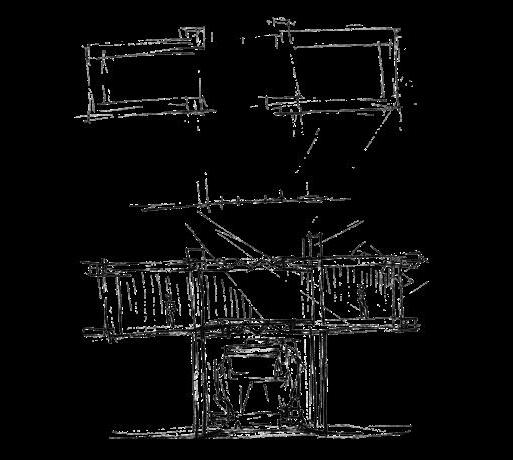


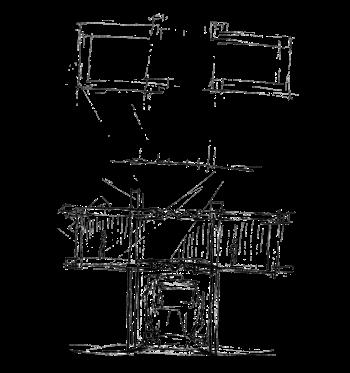
Trains pass safely underneath


Truck loading lot
Community art murals
Beltline extension trail
Photovoltaic sculpture park
Water fountain plaza
Photovoltaic pavilions
Multipurpose green
Two level parking



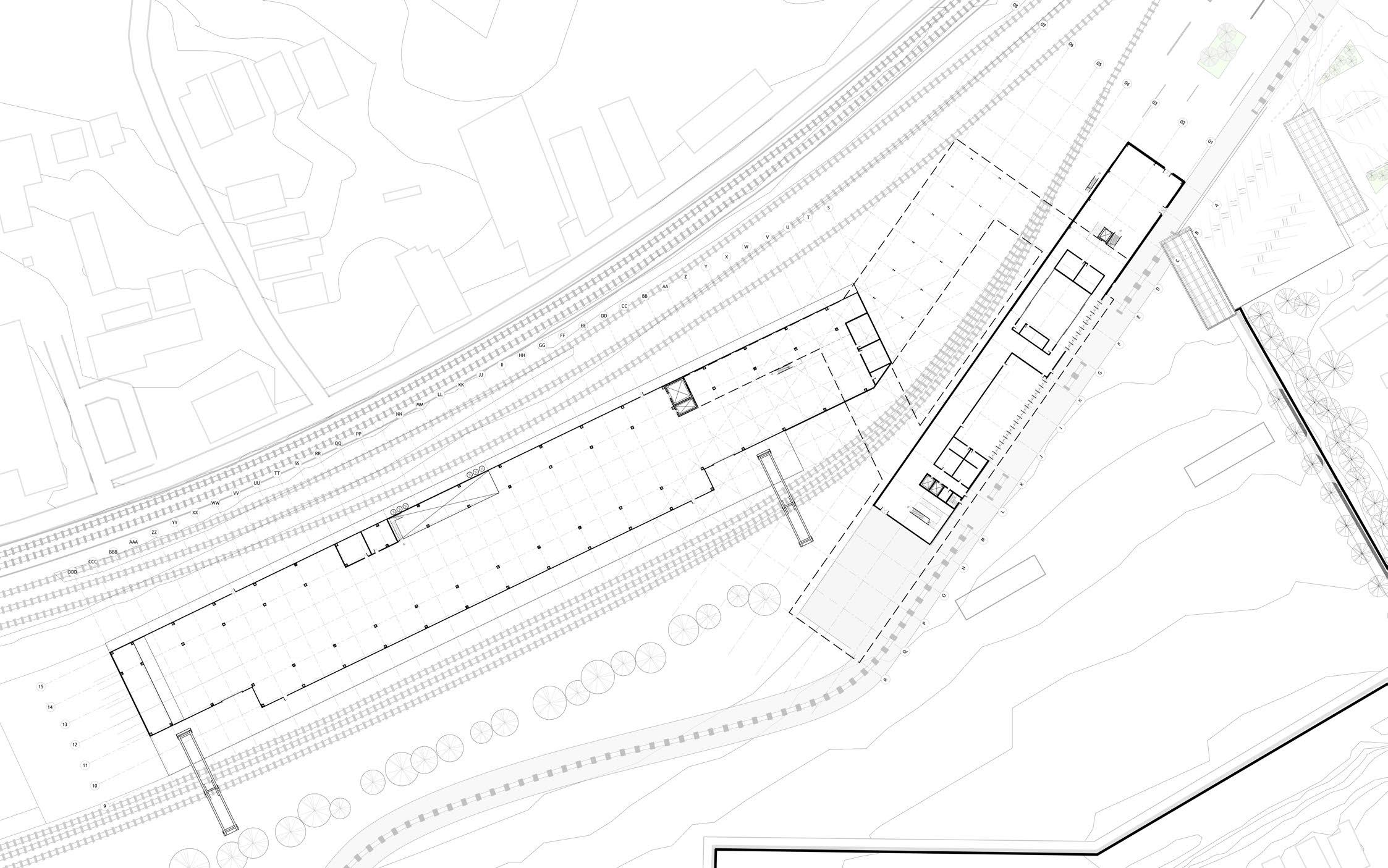

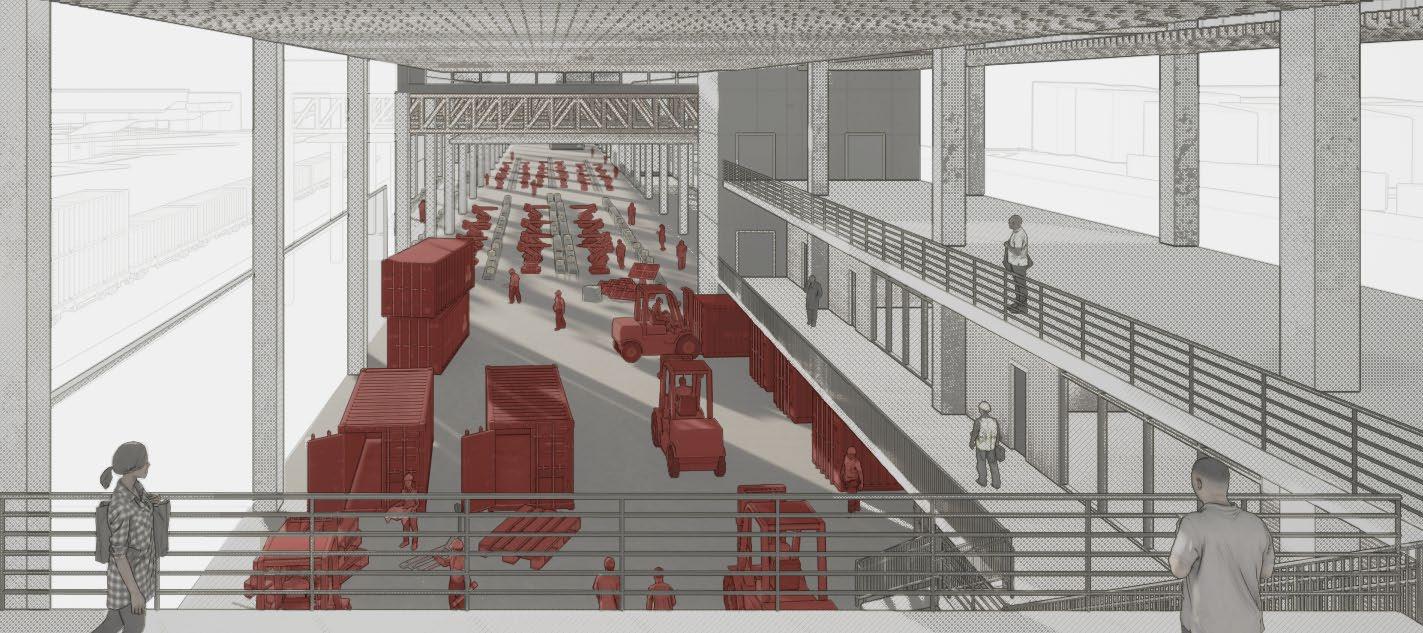
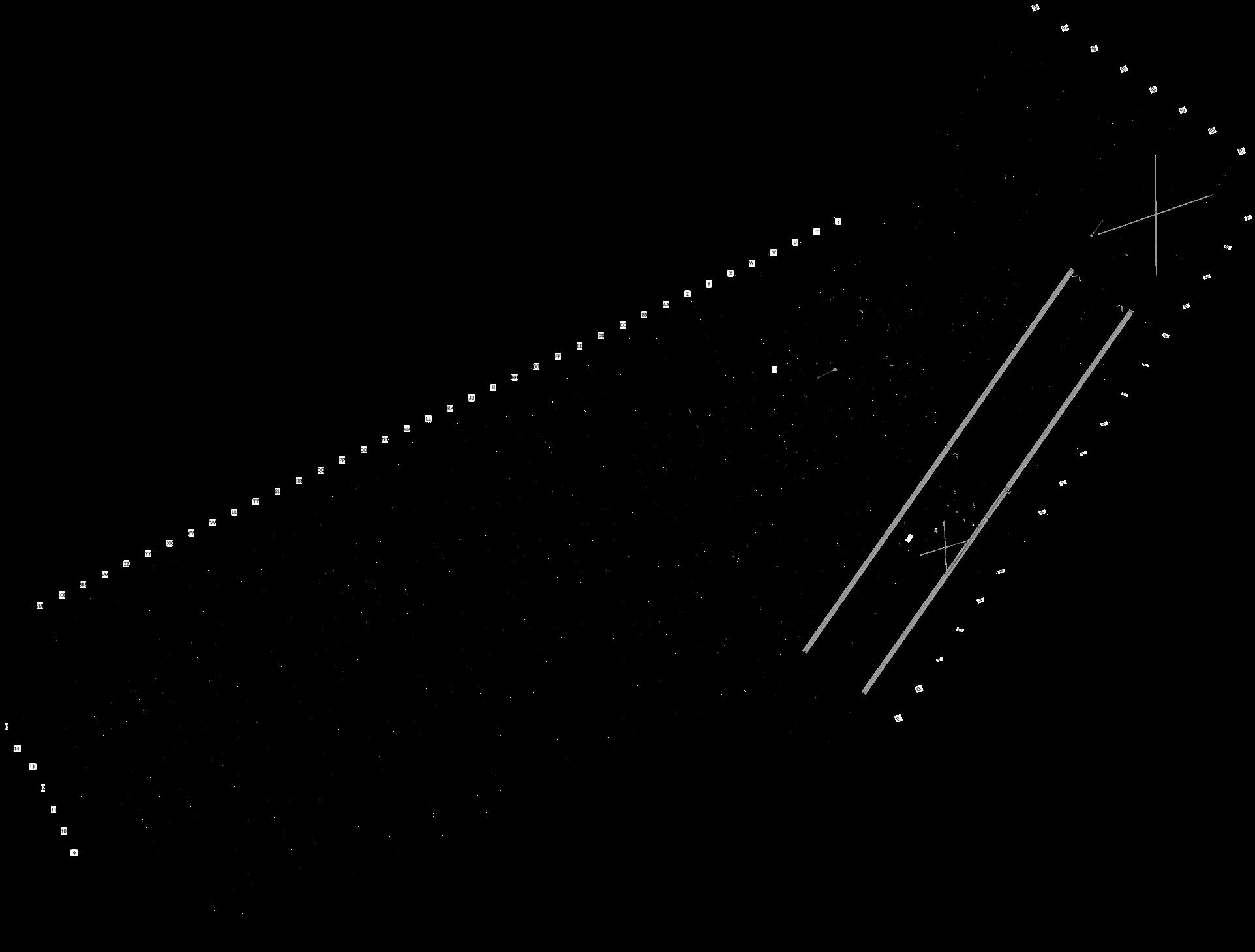
Placement
Site manufacture hall between rails for ease of transportation
Overlap
Community engagement spaces
Accessibility
Public program block placed outside of rail for public access
Bridge
Connect each side of the building complex
Connection
have view of manufacturing hall Natural Response Stagger volume to capture winds; Channel glass gives natural light
Extend Beltline trail beside the building to connect with context
2ND PRIZE - Barbara G. Laurie Design Competition
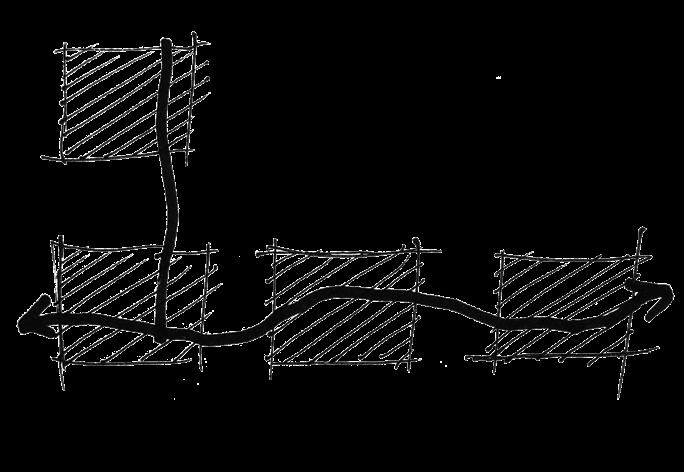
The Backyard is a celebration of West Baltimore's black culture. For generations, it was a pioneer in the development of black: music, arts, and civil rights, as well as an example of a well-connected, self-sustaining community hosting: corner stores, locally owned businesses, and a tight-knit social support structure before the creation of the highway to nowhere fractured this. To recreate the success of these spaces, we focused on three core themes: Resilience, Recreation, and Expression
I was part of a group of 9 total students representing our NOMAS chapter, who included:
• Mayowa Odunjo
• Nicholas Grier
• Jonathan Rivers
• Joy Cherichel
• Andres Mendez
• Jesus Vielma
• Mayra Mendez
• Ethan Joel
My contributions were: concept development, the performance theater complex design, and the axonometric master plan. I also served as one of two presenters in Baltimore on both competition days.
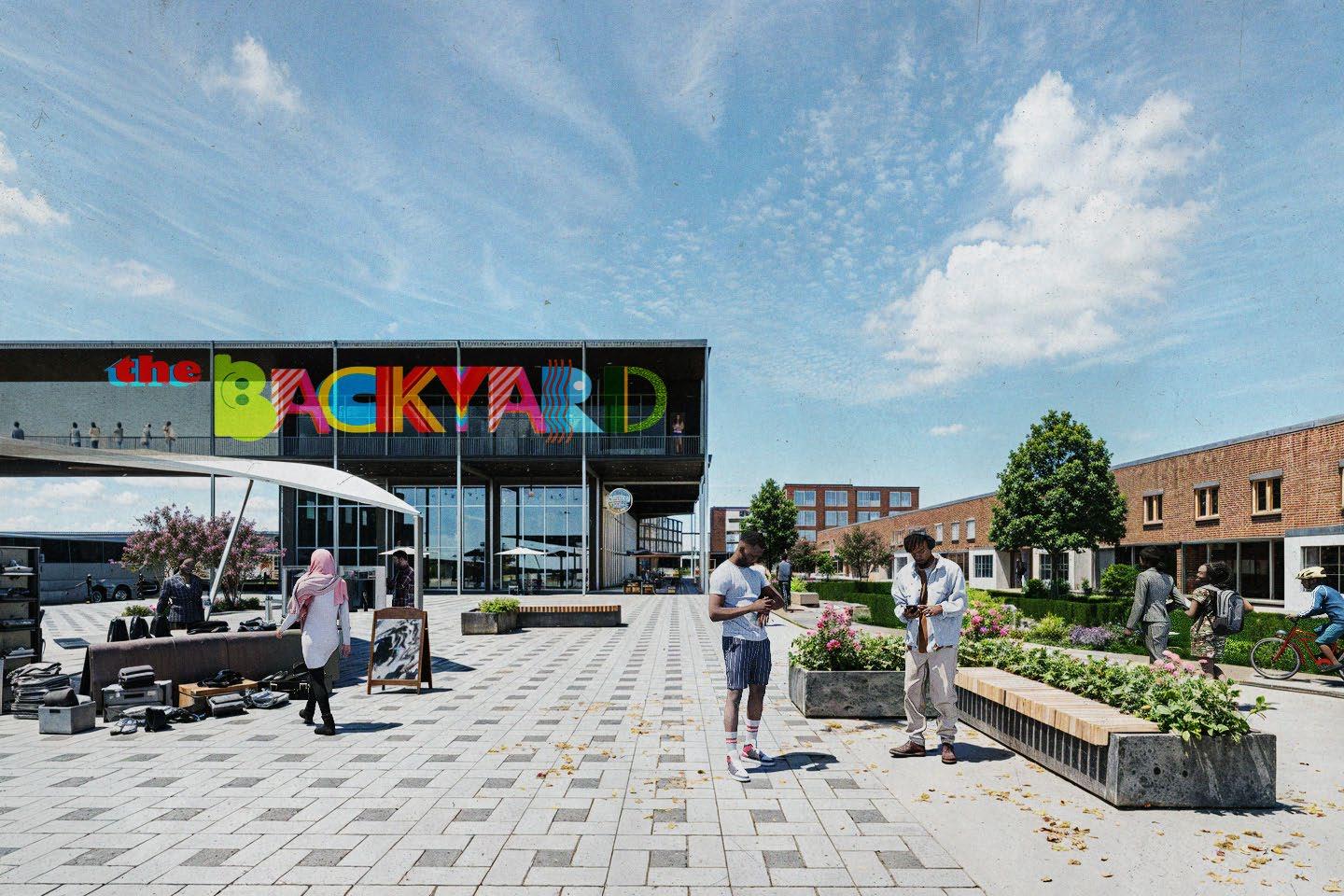

Town Hall

Historic Ice Factory repurposed to house community town hall
Continued survival in the face of external challenges
Residents fought hwy to nowhere, stopping its completion
CLT Housing

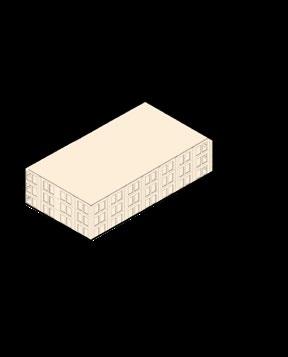
Community land trust [CLT] development keeps rents low
Activity done for one's own or a group's own enjoyment
Black recreational culture: Cookout, sports, stoopsitting
Food Hall & Plaza The Stoop Amenities
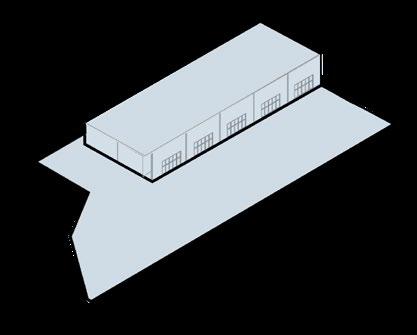
Translate black cookout culture programmatically

Corner stores, recreation centers, courts, etc.
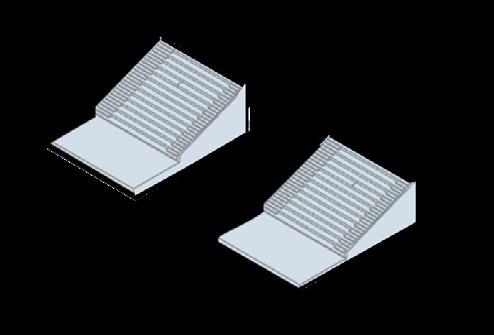
Informal gathering: the "neighborhood's stoop"
The sharing/ performance of one's creative talents
Art Gallery Performance Theater Complex
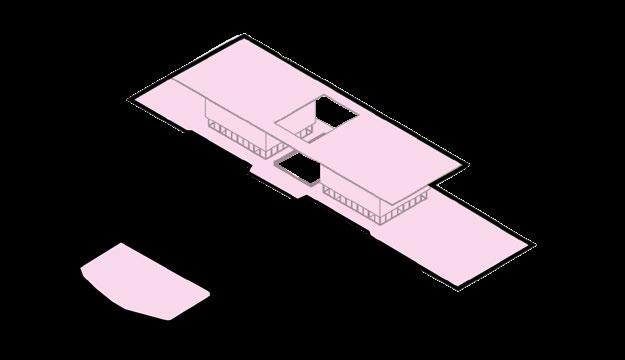
Build the next generation of artists and performers/ showcase their work
Legacy of Pennsylvania Avenue a.k.a the: "Broadway of Baltimore"

Showcase West Baltimore's local arts culture and history
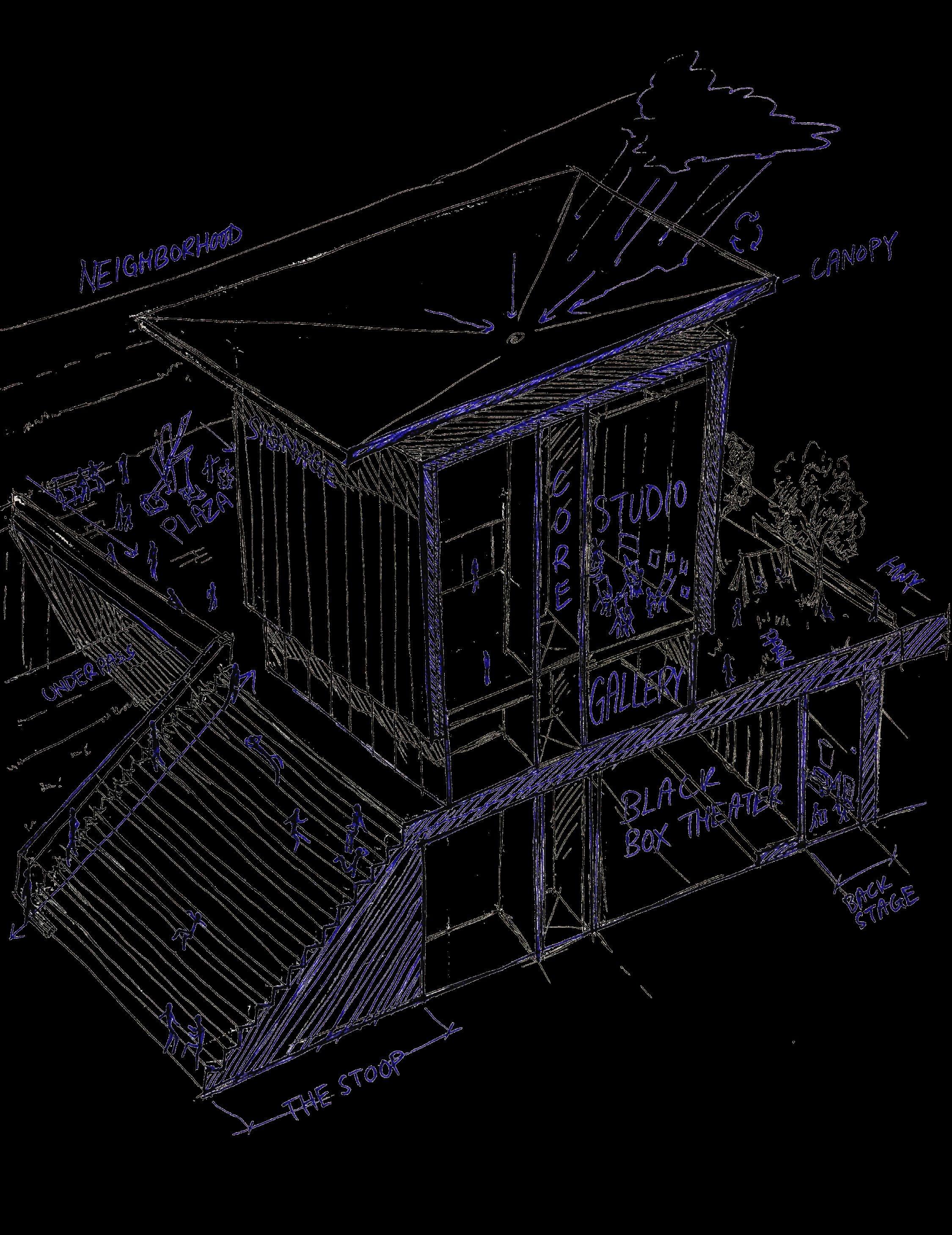
Design iteration of the performance theater complex. Ideas of water collection, art and dance studios, and added park space between the complex and North Fulton Avenue.
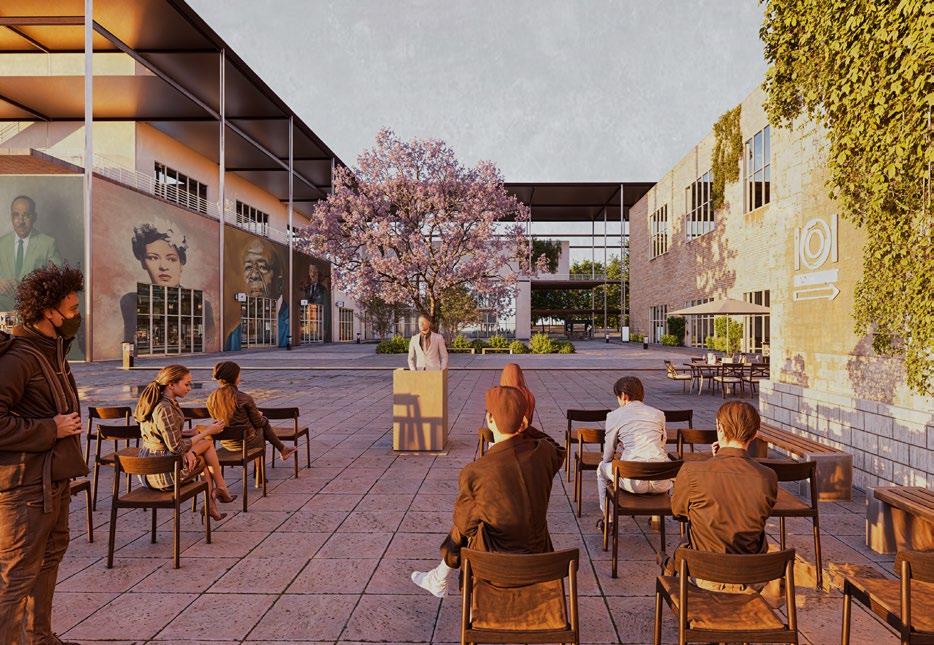
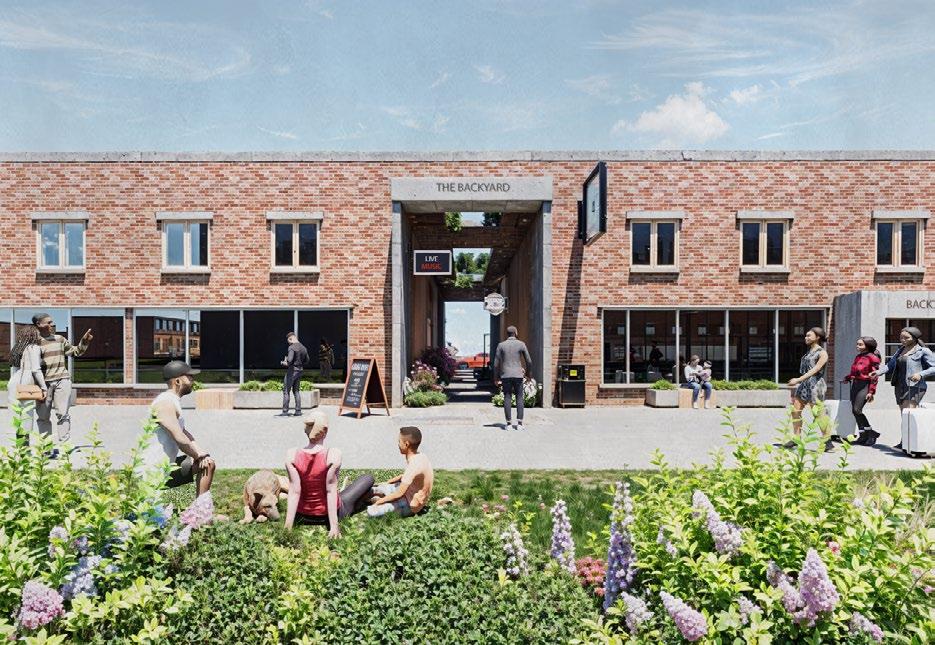
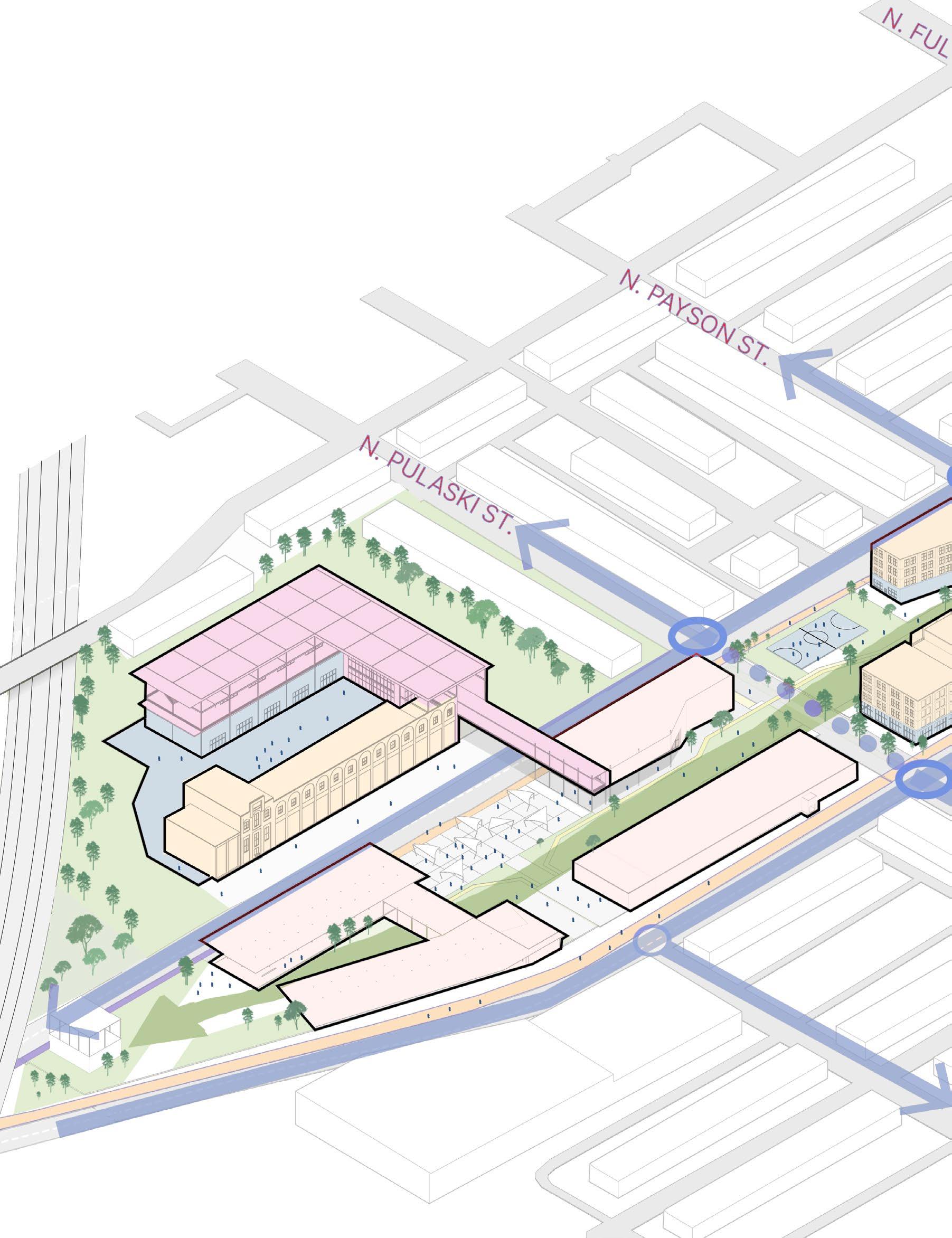
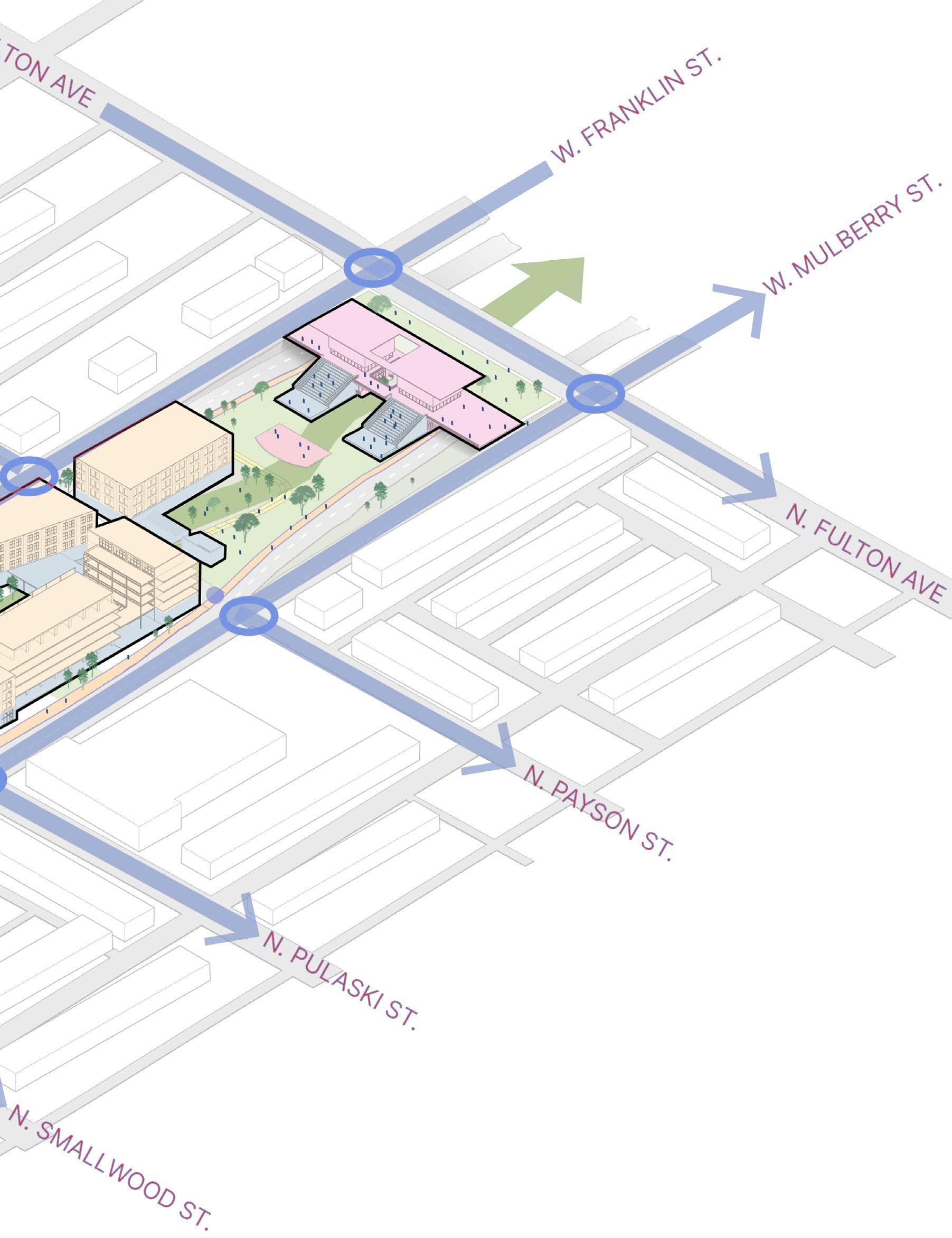
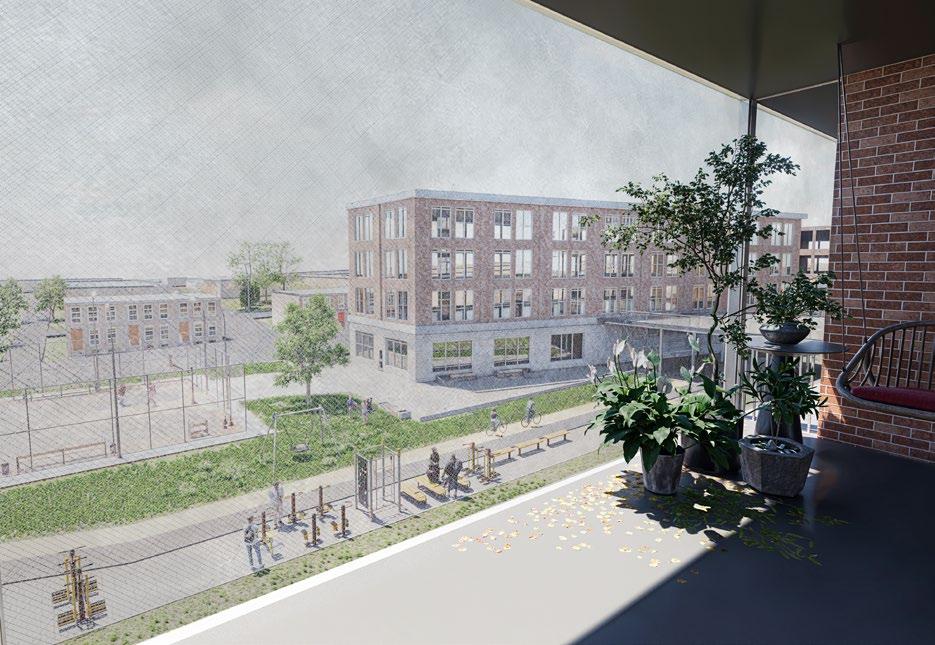
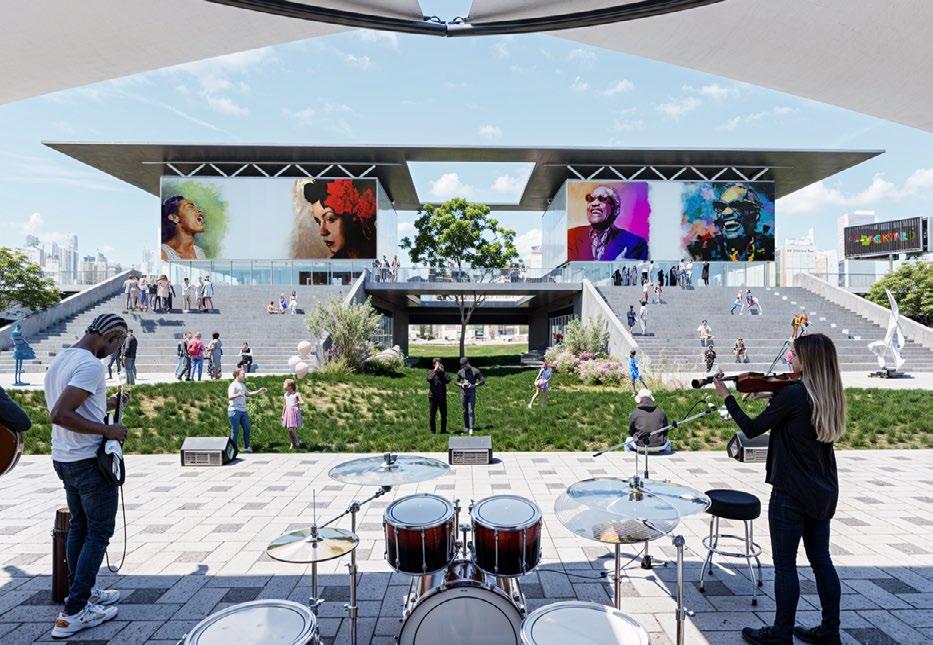

Selected Works [Condensed] '23 - '24 NELSON AGALABA